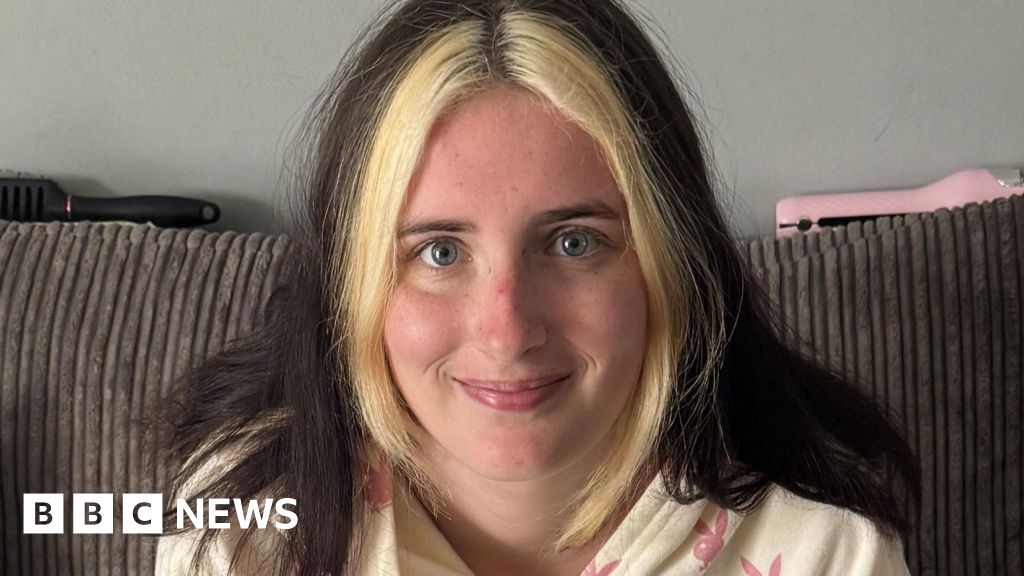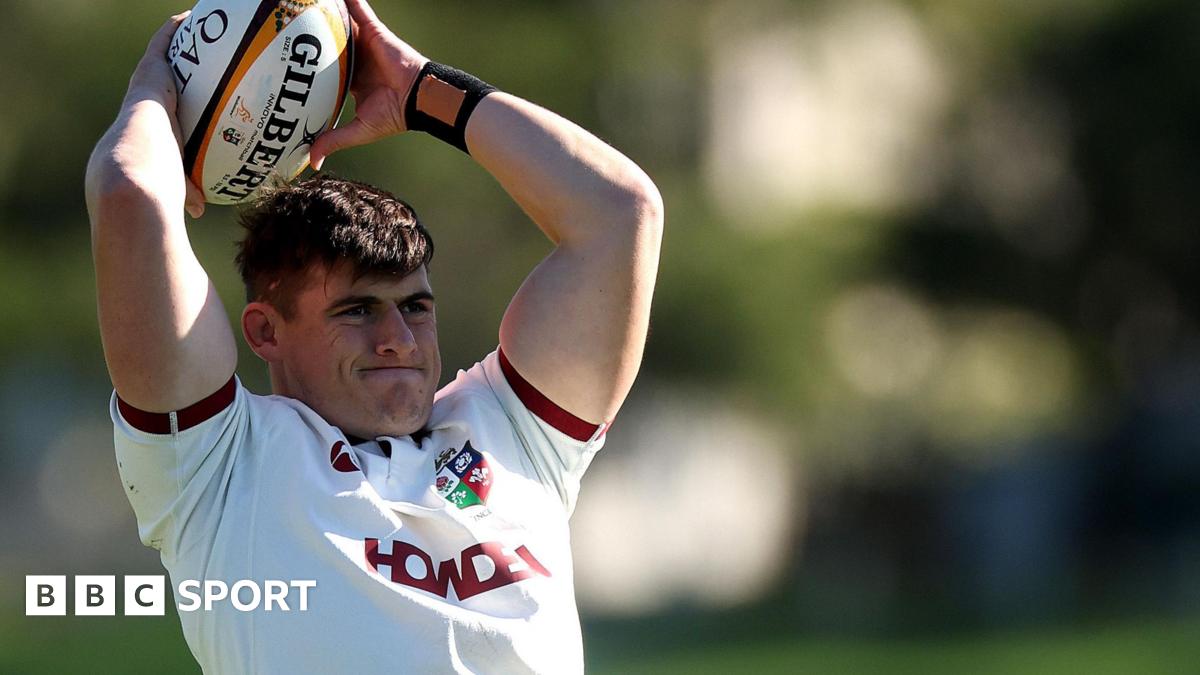While Best Buy’s closely watched same-store figures sales have stopped plummeting in recent quarters, executives said last month pressure on the health business offset stronger financial performance in other parts of the company.
Asset impairments, meaning business holdings that have lost value, within the health business largely made up $109 million in restructuring charges the company incurred for the three-month period that ended May 4.
On a call with analysts last month, Barry said some of Best Buy’s “very discrete in-home health” services face challenges due to sluggish adoption.
A federal waiver allowing certain hospitals to treat patients at home was “caught up in a lot of the (Trump) administration’s budgeting conversations,” Barry said. Health care providers fueling these services are also facing financial struggles, she added.
“We still believe in the fundamental strategy of leveraging technology to enable care at home and believe it will be important to the future of health care,” Barrie said during a call with analysts in March, “but the market is not scaling as fast as we originally forecasted. We will continue actions intended to maximize the value and improve the profitability of the business.”
Other parts of the health business remain viable, Barry said last month. A spokesperson highlighted that the segment still includes medical alert systems Lively and PERS+.









 English (US) ·
English (US) ·